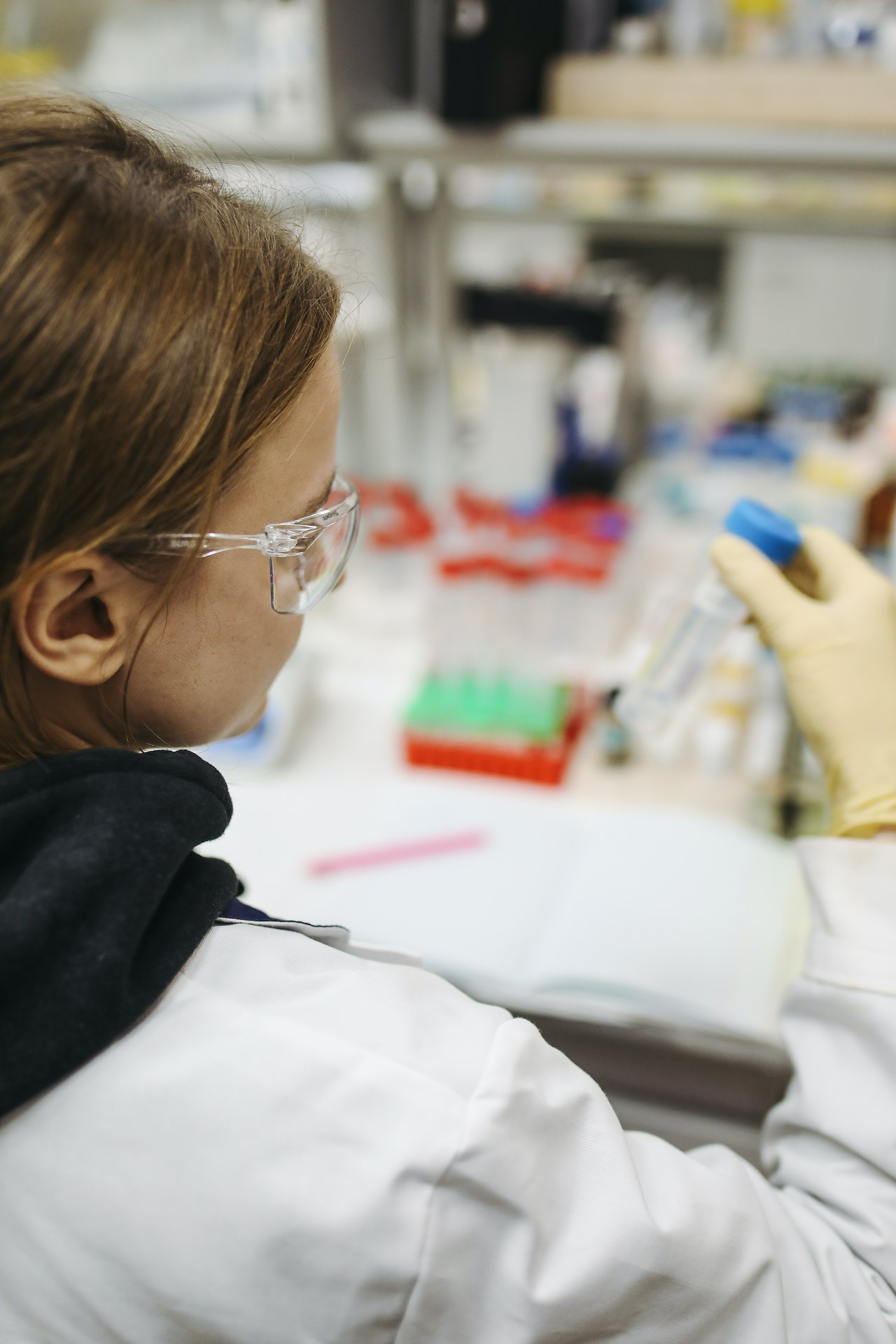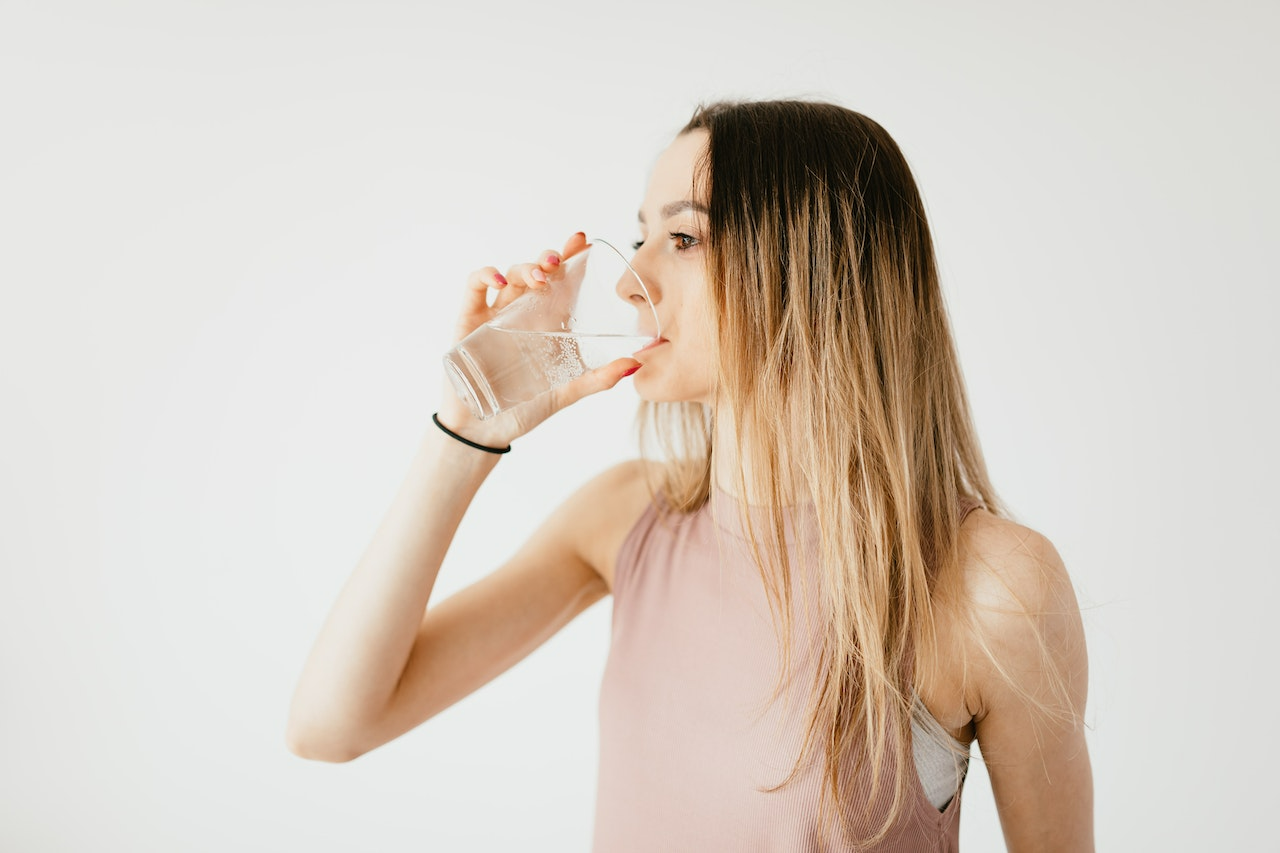Monster Energy Drink Side Effects

Monster Energy Drink become a popular beverage choice for many individuals, particularly for those who need an energy boost to stay alert and focused. While the occasional consumption of energy drinks may not pose a significant health risk, drinking them daily can have detrimental effects on your body.
Monster Energy Drink contains several ingredients that are not good for you, especially when consumed in large quantities. The main ingredients include caffeine, sugar, artificial sweeteners (sucralose), and various stimulants. Caffeine is a central nervous system stimulant that can increase heart rate, blood pressure, and cause anxiety and insomnia when consumed in excess. Sugar and artificial sweeteners contribute to the high calorie and carbohydrate content of the drink, which can lead to weight gain and metabolic issues.
Additionally, the various stimulants such as taurine and guarana can have potential negative effects on the cardiovascular and nervous systems. In combination, these ingredients can be particularly harmful to individuals with pre-existing health conditions, and excessive consumption of Monster Energy Drink has been linked to various health issues. It is important to consume energy drinks in moderation and be aware of the potential risks associated with their ingredients.
NATURAL VS. SYNTHETIC CAFFEINE
Natural caffeine, found in plants like cacao, guarana berries, and yerba mate, is typically accompanied by vitamins and methylxanthines, which help maintain a steady release of caffeine in the body. This results in a longer-lasting energy boost, promoting improved mental clarity and focus. The slow release of caffeine from natural sources can reduce jitters and crashes commonly experienced with synthetic caffeine, which is found is energy drinks like Monster Energy.
Unlike synthetic caffeine, which can cause uneasiness, sleep problems, and flushed face, natural caffeine does not have these negative effects. Additionally, natural caffeine possesses unique antioxidant properties that may contribute to the prevention of heart disease and Alzheimer's. While synthetic caffeine, often derived from Chinese pharmaceutical plants, provides immediate energy but leads to a faster crash, natural caffeine offers sustained energy over a longer duration.

NATURAL FLAVORS MEANING
Monster Energy Drink is often associated with the inclusion of "natural flavors" in its ingredients. However, it is crucial to be aware of the potential side effects related to this ambiguous and potentially misleading term. While "natural flavors" may suggest that the flavors come from natural sources, it fails to provide specific information about the ingredients or the manufacturing process involved. The FDA defines natural flavors as "substances derived from plant or animal matter," but it allows for a wide range of synthetic processes and chemicals to be utilized in their production. This lack of transparency regarding natural flavors raises concerns as it can conceal the use of artificial or chemically altered ingredients.
In the case of Monster Energy Drink, a "natural flavor" could be created using high heat or chemicals, deviating from what consumers typically perceive as natural. Furthermore, certain natural flavors may be derived from ingredients that are not safe for consumption in their natural state, such as specific essential oils or chemical extracts. While regulatory agencies generally deem natural flavors safe for consumption, some individuals may experience adverse reactions or allergies to these ingredients. To prioritize their well-being, consumers should be vigilant in understanding what they consume and should carefully examine labels and ingredient lists before purchasing or consuming products containing natural flavors. The use of natural flavors in products like Monster Energy Drink underscores the need for increased transparency and accountability in the food and beverage industry. Consumers deserve to know precisely what they are consuming, and companies should be held to higher standards regarding the quality and safety of their products.
Artificial INGREDIENTS & Colors

Monster Energy Drink contains an artificial ingredient called Manufactured Citric Acid (MCA), which is a synthetic form of citric acid. While naturally occurring citric acid found in citrus fruits offers health benefits, MCA is commonly used as a flavoring and preservative in processed foods and beverages, including Monster Energy Drink. Unfortunately, the synthetic version does not provide the same health benefits as natural citric acid and has even been associated with gastric distress and digestive issues in some individuals. This raises concerns about the use of synthetic food additives and their potential effects on well-being. Another concerning ingredient in Monster Energy Drink is sucralose, an artificial sweetener. Sucralose has been linked to various health concerns, including disruption of gut bacteria, increased appetite, weight gain, and potential negative effects on blood sugar regulation.
Artificial sweeteners like sucralose can trigger an insulin response in the body, potentially affecting blood sugar regulation and contributing to insulin resistance over time. This resistance is associated with an increased risk of conditions like type 2 diabetes and metabolic syndrome. Additionally, the consumption of artificially sweetened drinks may lead to a preference for overly sweet flavors, diminishing the desire for healthier, naturally sweetened options and potentially leading to an imbalanced diet. Furthermore, artificial sweeteners could alter gut microbiota, which could impact overall gut health and digestion. These findings emphasize the need for caution when consuming products containing synthetic additives and artificial sweeteners like those found in Monster Energy. Understanding the potential effects on health and considering alternative options may be beneficial for overall well-being.
Artificial dyes, such as those listed as "Color Added" in Monster Energy Drink, provide no nutritional value and are solely used for aesthetic purposes. The consumption of these dyes in large quantities over a prolonged period has been linked to significant risks. Studies have also found a correlation between artificial dyes and hyperactivity in children. While regulatory agencies have implemented restrictions or bans on their use, artificial dyes remain common in many consumer products due to the demand for visually attractive foods.
Here’s what happens to your body when you drink energy drinks every day:
- Increased Risk of Heart Disease: Energy drinks, like Monster Energy, contain high levels of caffeine, which can cause an increase in blood pressure and heart rate. Drinking energy drinks daily can lead to an increased risk of heart disease, including irregular heartbeat and high blood pressure.
- Dehydration: Energy drinks can contain high levels of sugar or artificial sweeteners (sucralose) along with caffeine, which can lead to dehydration. Dehydration can cause fatigue, headaches, and decreased cognitive function.
- Weight Gain: Energy drinks are often high in calories and sugar. Drinking them every day can lead to weight gain and an increased risk of obesity. Excessive sugar intake can also lead to insulin resistance and Type 2 diabetes. The artificial sweetener sucralose has been linked to Type 2 diabetes by a British Medical Journal study.
- Tooth Decay: Energy drinks contain high levels of acid and sugar, which can erode tooth enamel and lead to tooth decay. Drinking them every day can lead to long-term dental problems.
- Insomnia: Energy drinks contain high levels of caffeine, which can interfere with sleep patterns. Drinking them every day can lead to insomnia and a lack of restful sleep.
- Addiction: Energy drinks can be addictive due to their high levels of caffeine and sugar. Drinking them every day can lead to dependency and withdrawal symptoms if consumption is stopped suddenly.
- Headaches: When we drink energy drinks the caffeine causes the blood vessels in the brain to constrict. When you stop the caffeine intake, the blood vessels in the brain dilate. This increases the blood flow and can trigger a headache.
healthy alternatives to monster energy drink
If you are looking for a healthy alternative to Monster Energy Drink, filtered water is an excellent choice. Not only does it hydrate your body and keep you alert and focused, but it also helps remove contaminants from your drinking water.
Filtered water is free from harmful chemicals, pollutants, and toxins that can be found in unfiltered tap water. It also has a clean, refreshing taste that can satisfy your thirst without the need for added sugars or flavors.

In addition to filtered water, there are several other healthy alternatives to energy drinks for adults:
- Green Tea: Green tea made with filtered water is a natural source of caffeine and antioxidants. It can boost energy levels and improve mental alertness without the negative side effects of energy drinks.
- Fresh Fruit Juice: Fresh fruit juice is a great source of vitamins, minerals, and antioxidants. It can provide a natural energy boost and help reduce inflammation in the body.
- Coconut Water: Coconut water is a natural source of electrolytes, which can help rehydrate your body and boost energy levels. It also contains potassium and magnesium, which can help improve muscle function and prevent cramps.
- Herbal Tea: Herbal teas made with filtered water such as chamomile, peppermint, and ginger can provide a calming effect and help reduce stress and anxiety. They also have a variety of health benefits and can boost energy levels without the use of natural caffeine.
- Black Coffee: Black coffee made with filtered water contains natural caffeine, which stimulates the central nervous system and can increase energy levels. Black coffee is also a low-calorie beverage that can help with weight management, as long as it is consumed in moderation and without added sugar or cream. It could be a good alternative to the highly processed energy drinks on the market today.
What happens if kids drink monster energy?

Letting kids drink energy drinks with synthetic caffeine can be dangerous for their health. Ironically, the companies selling these drinks gear their marketing towards kids and teenagers. Caffeine is a stimulant that can cause increased heart rate, blood pressure, and anxiety, especially in children whose bodies are still developing.
Additionally, energy drinks often contain high amounts of sugar and other ingredients that can contribute to weight gain and dental problems for children. Furthermore, caffeine can interfere with a child's sleep, which can negatively impact a child's cognitive and emotional development. It's important for parents to monitor their child's caffeine intake and limit their consumption of energy drinks to protect their health and well-being.
Monster Energy Ingredients: Taurine, Panax Ginseng Extract, L-Carnitine, Caffeine, Guarana Extract, Glucuronolactone, Inositol, Maltodextrin. Carbonated Water, Sugar, Glucose, Citric Acid, Natural Flavors, Taurine, Sodium Citrate, Color Added, Panax Ginseng Extract, L-Carnitine L-Tartrate, Sorbic Acid (Preservative), Benzoic Acid (Preservative), Niacinamide (Vit. B3), Sucralose, Salt, D-Glucuronolactone, Inositol, Guarana Extract, Pyridoxine Hydrochloride (Vit. B6), Riboflavin (Vit. B2), Maltodextrin, Cyanocobalamin (Vit. B 12).
| Monster Energy Drink Flavor | Caffeine Per Serving |
| Organic Coffee (cup) *for reference | 95 mg |
| Organic Green Tea (cup) *for reference | 30-50 mg |
| Monster Energy Ultra Zero | 150 mg/per can |
| Monster Energy Ultra Sunrise | 155 mg/per can |
| Monster Energy Ultra Paradise | 140 mg/per can |
| Monster Energy Ultra Fiesta | 150 mg/per can |
| Monster Energy Ultra Rosa | 150 mg/per can |
| Monster Energy Ultra Blue | 140 mg/per can |
| Monster Energy Ultra Red | 140 mg/per can |
| Monster Energy Ultra Black |
155 mg/per can |
| Monster Ultra Watermelon | 150 mg/per can |
| Monster Energy Ultra Gold | 150 mg/per can |
| Monster Energy Ultra Violet |
140 mg/per can |
| Monster Ultra Peachy Keen | 150 mg/per can |
Sources:
Energy Drinks May Do More Harm Than Good Says Researchers
Health Effects and Public Health Concerns of Energy Drink Consumption in the United States
Sports Drinks and Energy Drinks for Children and Adolescents: Are They Appropriate?
Is 'Natural Flavor' Healthier Than 'Artificial Flavor'?
Are ‘Natural Flavors’ Really Natural?
Looking Beyond The Marketing Claims Of New Beverages
Monster Energy is a registered trademark of Monster Energy Company
